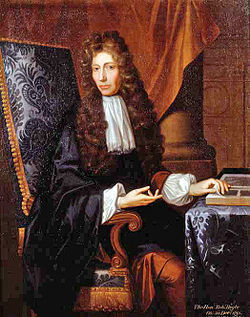The Art of Dedication

Anaïs Nin Dedications, like Prefaces, are a neglected field in the study of book construction and creative composition. But they can reveal quite a lot about power and politics; authorship and authority; celebration and bitterness. In critical terms deconstructionists would argue that a preface displaces and defaces the text that follows, perhaps (humorously?) tripping it up, or tying it up in precursor knots.Often Jacques Derrida never got past the deconstruction of the preface, or a footnote therein, in order to make his 'point'. And you probably recall all the levels of ludicrous entrapment that Jonathan Swift employed in A Tale of a Tub (1704) ? Have dedications grown shorter and more ironic (or bitter) since the dec line of aristocratic patronage? Are they still a zone of praise or insult? What about this one, taken from Herman Melville's Israel Potter: His Fifty Years of Exile (1854) TO His Highness THE BUNKER-HILL MONUMENT (Discu...
